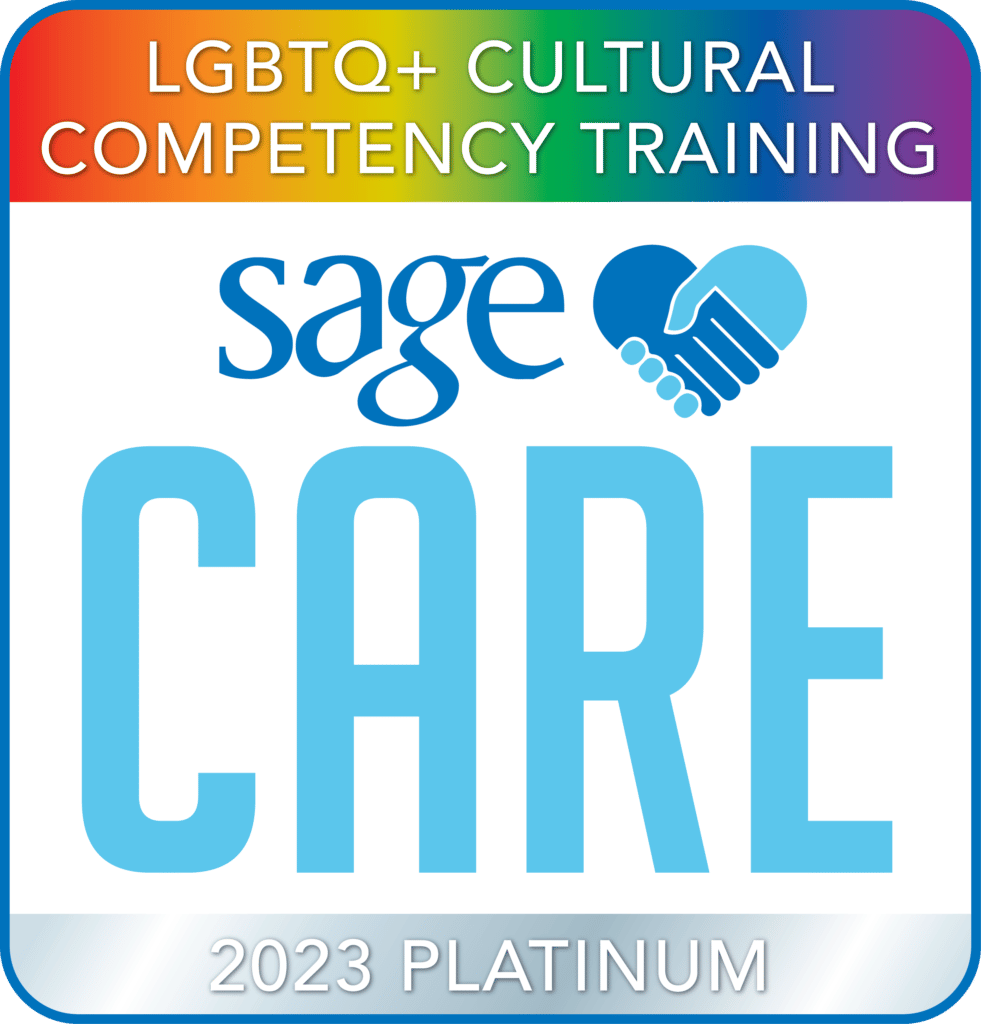The Difference Between In-Home Care and Assisted Living

Many children with senior parents struggle with deciding between getting their loved ones in-home care or moving them into an assisted living community that provides a continuum of care. Before making a final decision, it’s important to look at the pros and cons of each option to find the care that suits mom or dad – and you – the best.
What is assisted living?
An assisted living community is a space or several spaces, that caters to seniors who need help with ADLs (Activities of Daily Living) such as getting dressed for the day, managing daily medications, and meal preparation. Every community is different in terms of the lifestyle they offer and the care they provide, so it’s important to visit some well-known providers in your area to get a feel for what the assisted living community will offer.
Advantages of assisted living
The best-assisted living communities can accommodate adults with a wide range of needs, from retirees who simply don’t want the hassle of maintaining a house anymore to seniors with complex health conditions or limited mobility. While your parents would be moving out of their home, assisted living can offer a very rich community experience with a wide range of amenities like dining spaces, landscaped gardens, salons, fitness centers, activity clubs, and seasonal events.
The biggest advantage of this type of living is that it is very secure and gives great peace of mind. If your parents travel, their home is safe and looked after, and all maintenance and security are taken care of. If they become less mobile, their home is already geared up to accommodate wheelchairs and prevent falls. If their care needs change, services can be instantly stepped up to accommodate these needs. If your parent develops a memory condition, there is a specialized support program in place that includes around-the-clock care.
And, most importantly, the best-assisted living communities with a continuum of care also ensure that your parents get to age in place – that they won’t be separated or need to move to a nursing home.
Disadvantages of assisted living
There are some potential drawbacks to moving into an assisted living community that you should also consider. For one, every community is different, so it can take time to find the right fit for your parents. Another potential issue is that your parents will have to physically move from their home. Moving can always be a challenging process to manage, and relocating could mean your loved ones will be further away from friends and family. However, a community with a welcoming team of staff and a vibrant social calendar will help make this transition much easier for them. Remember, the community you help them select needs to be a place where they could see themselves really loving and calling “home.”
What is in-home care?
This is a flexible senior care service where a qualified caregiver provides assistance to your parents in their own home. It’s a great alternative to assisted living if your parents are really adamant about not moving.
Advantages of in-home care
The main advantage is that your parents don’t have to move from their current home. This is significant for people who are very attached to their home, who are a strong part of their community, who have family and friends nearby, and who have a home that is relatively easy to manage.
In addition, care services can be supplied on an as-needed basis and tailored to your parent’s requirements, often making the service more affordable in some ways than assisted living. The best senior home care agencies supply a wide range of assistance including meal preparation, companionship, running errands, skilled nursing, overnight care, medication management, and assistance with grooming, bathing, and dressing. Many agencies also provide in-home care for elderly people with dementia conditions, seniors who are recovering from surgery or illness, or those who require palliative care.
In-homecare can also be provided to assist you in caring for your parents yourself. For example, if you need someone to assist your parents while you’re at work, while you are away on holiday, or for any other reason, they can step in and give you respite.
Disadvantages of in-home care for seniors
There are some drawbacks to this service depending on your parent’s needs and environment. For example, you may have to fall-proof their home to help prevent injuries. Another thing to consider is that unless you have 24-hour in-home care, your loved one may need you or other family members to step in to provide caregiving and assistance.
It’s also important to draw up a spreadsheet on the costs of staying at home. For example, their home may still require mortgage payments in addition to repair and maintenance costs that may make it more expensive to receive in-home care than to sell the house and move to an assisted living community.
Finally, while in-home care providers are great companions as well as caregivers, a community can offer more in terms of friendships, social events, and activities. This is especially important if your parents live in an isolated area, are far away from friends and family, or are worried about them becoming socially withdrawn.
To find out more about independent-style assisted living in NJ, contact the team at United Methodist Communities! We run a beautiful, world-class assisted living community in rural Sussex County, and we’re happy to help your loved one start this journey. Please contact us today or visit our website at: https://umcommunities.org/bristolglen/




